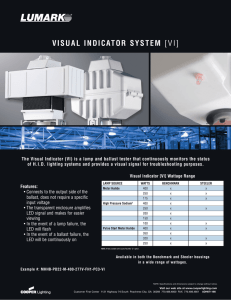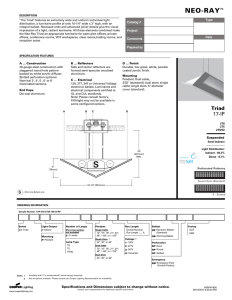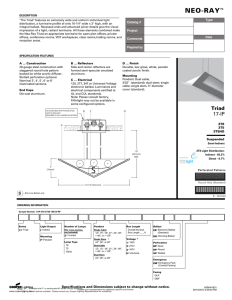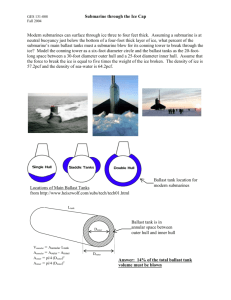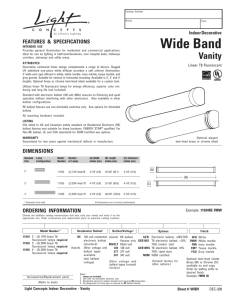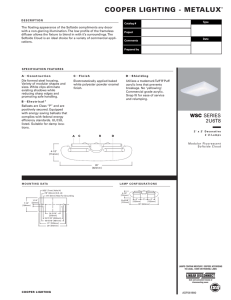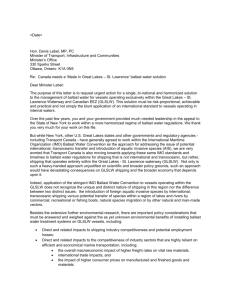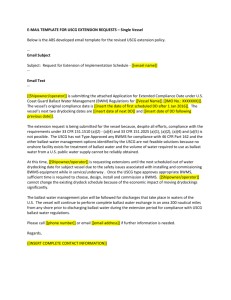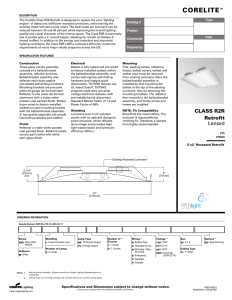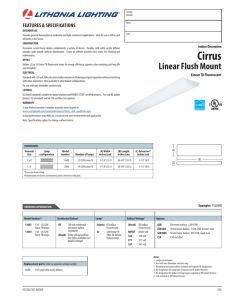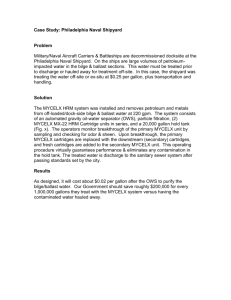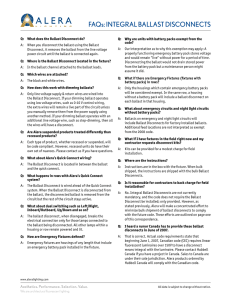Disconnect for Electrical-Discharge Lighting Existing Fluorescent
advertisement
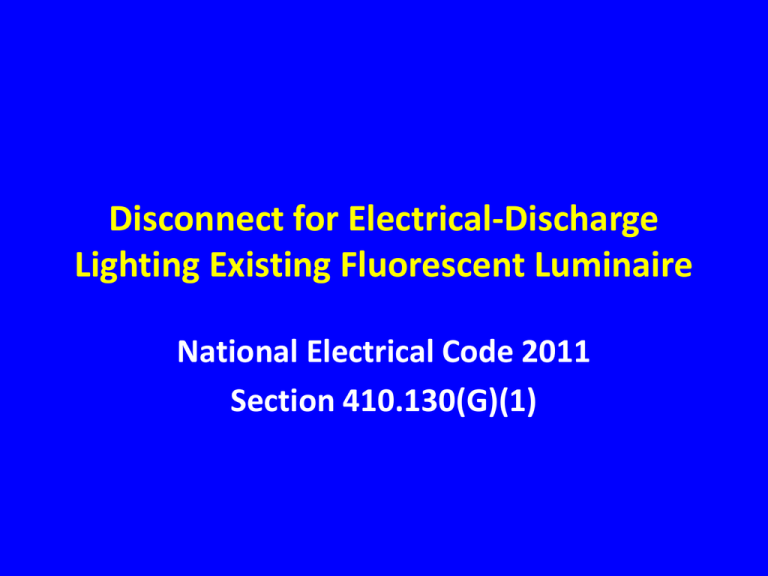
Disconnect for Electrical-Discharge Lighting Existing Fluorescent Luminaire National Electrical Code 2011 Section 410.130(G)(1) Benefits of Ballast Disconnects • • • • • Ballast disconnects, now mandated by the NEC, easily justify their cost. The first and foremost consideration is, of course, increased safety. However, another benefit is that the use of ballast disconnects can shorten the downtime required to properly change a ballast. In some cases, changing out a ballast may include: Lockout/tagout to prevent shock hazard to the electrician. Roping off the work area to prevent any conceivable injury to other workers, such as falling tools. Changing the ballast while the circuit feeding the luminaire is energized has been a standard practice where there’s no local disconnect. But it’s an unsafe practice to work with energized conductors. Even if the worker does not sustain a fatal shock, a subsequent fall off a ladder can cause death or injury. With ballast disconnects installed, you don’t need lockout/tagout or the use of PPE, and that shortens your task list, which can result in an increase of overall productivity. Ultimately, any safety innovation that will help make sure that you come home in one piece at night is certainly well worth the bother and expense. NEC 410.130(G)(1) • With ballast disconnects installed, you don’t need lockout/tagout or the use of PPE, and that shortens your task list, which can result in an increase of overall productivity. • Ultimately, any safety innovation that will help make sure that you come home in one piece at night is certainly well worth the bother and expense.
